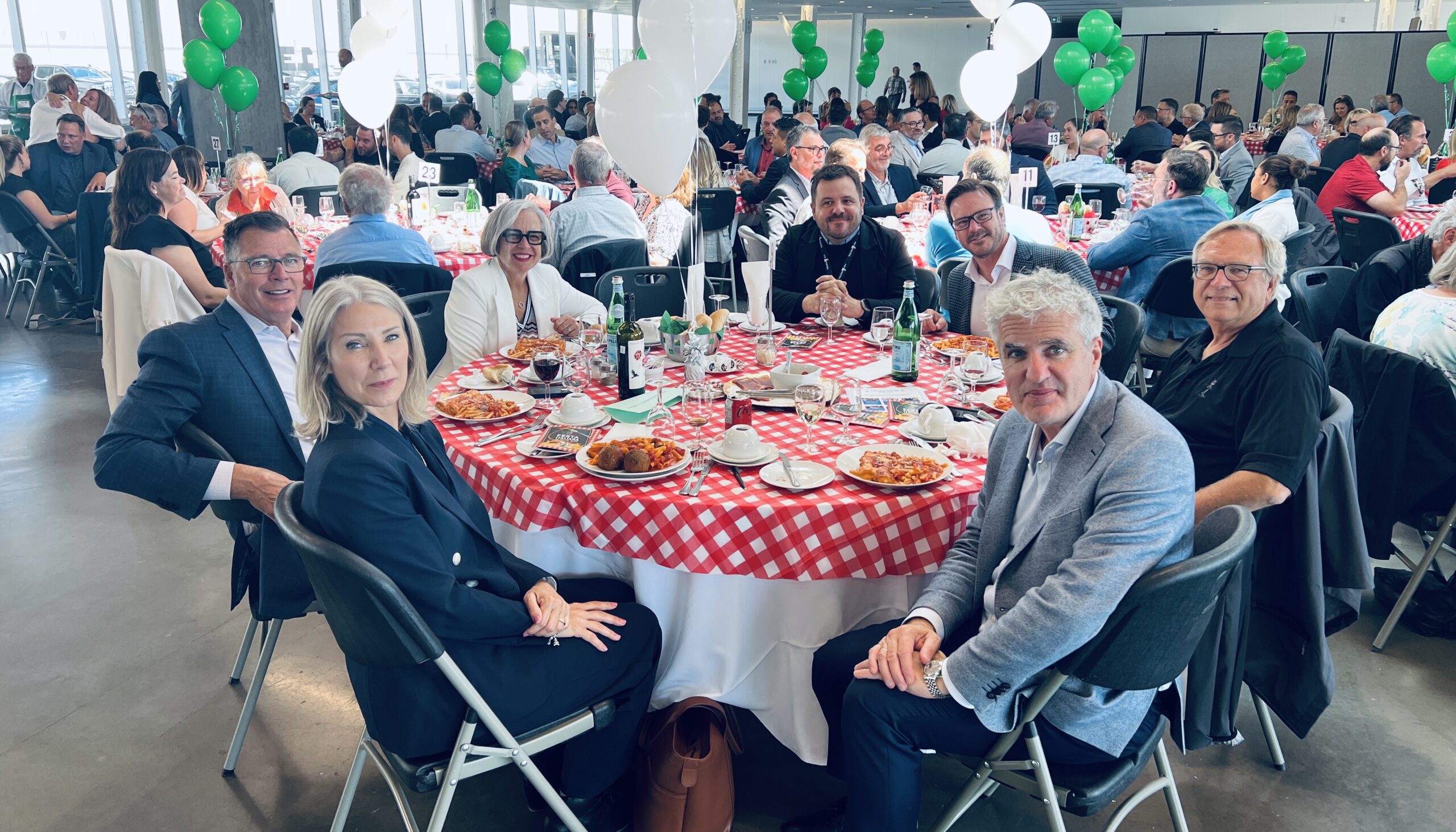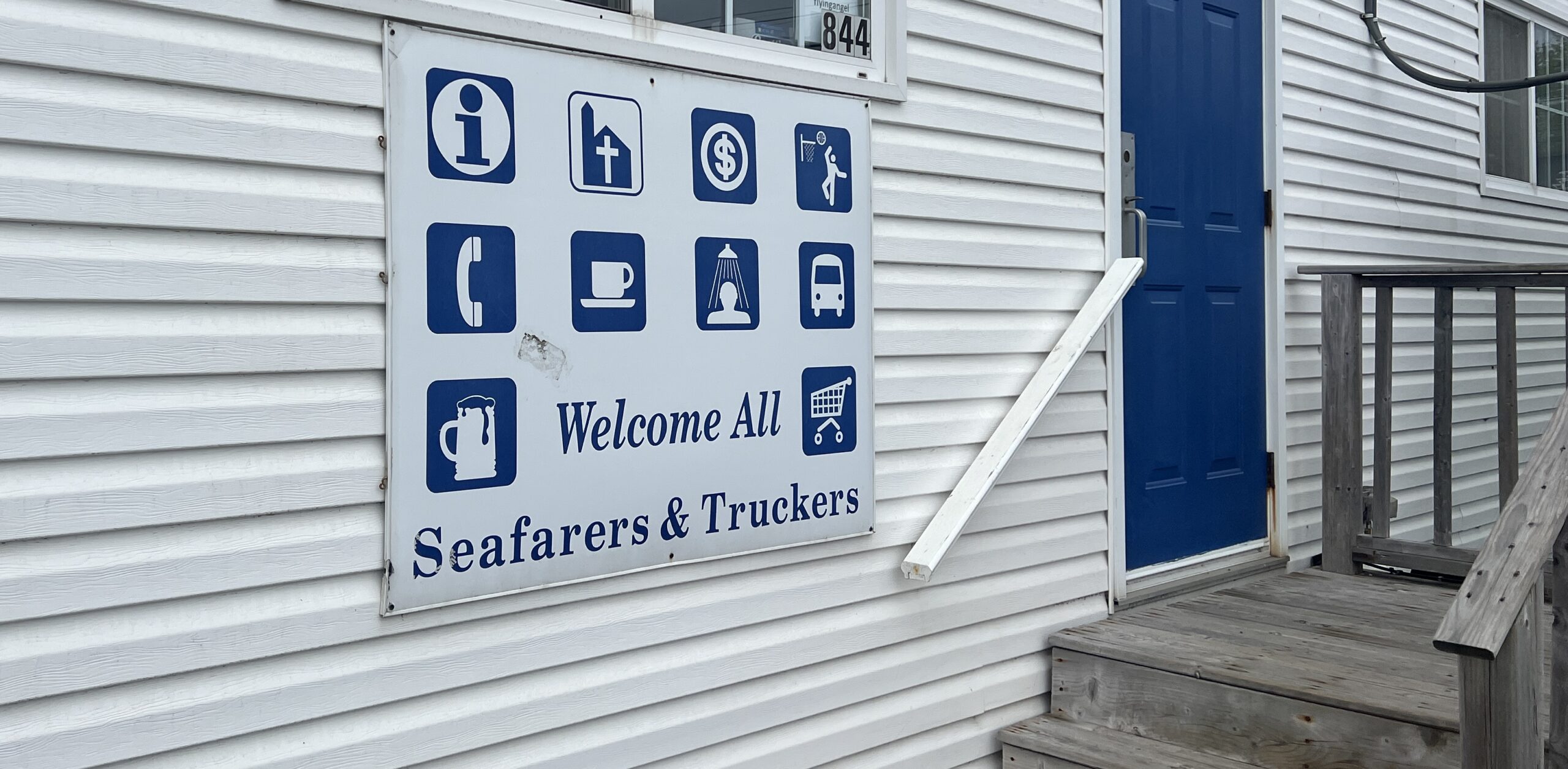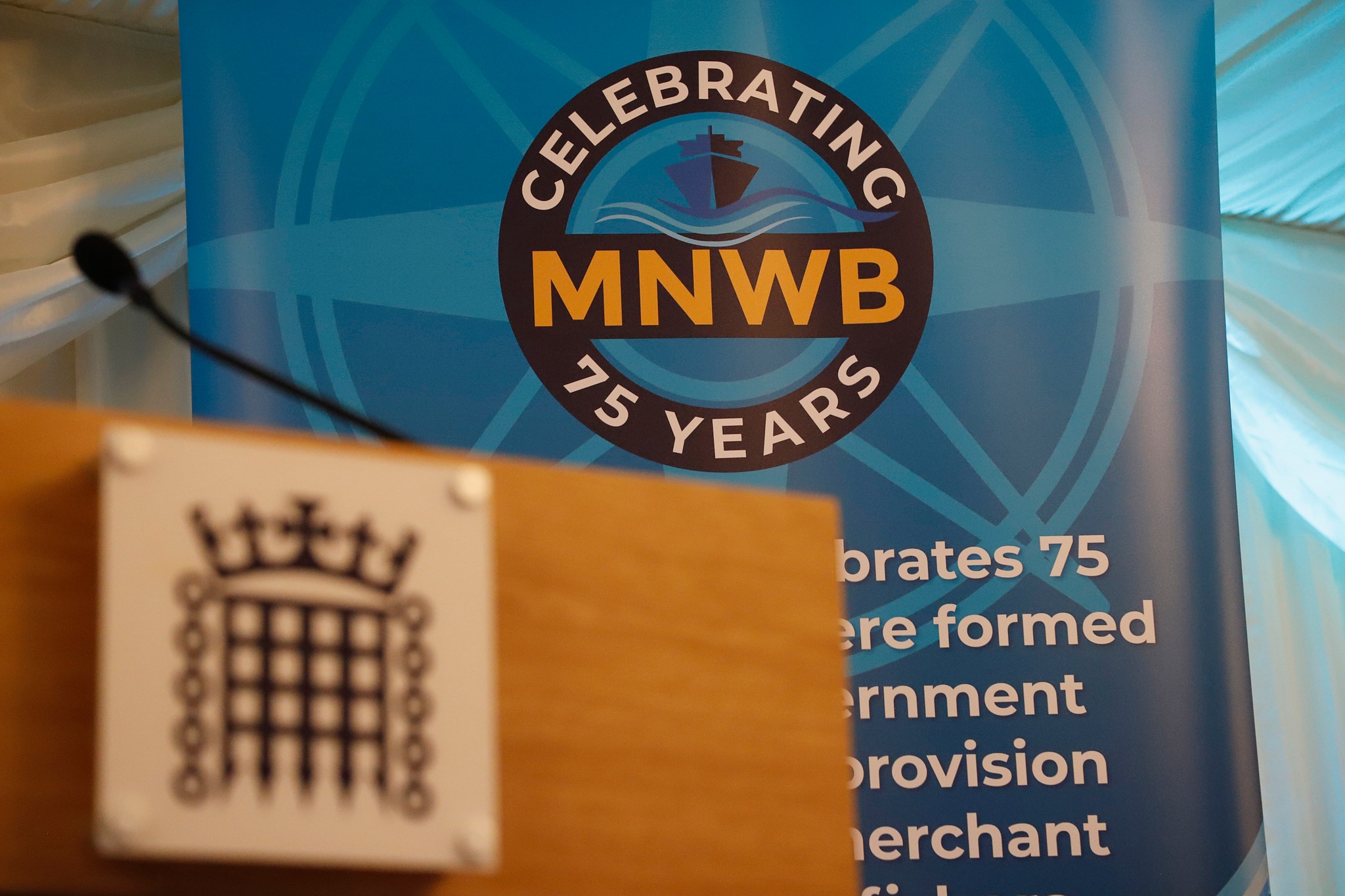by Rev. J. Loring Carpenter
Fundraising for seafarers’ ministry was difficult enough before COVID-19. Now, while seafarers drift further from the public eye even as quarantines have made their lives more difficult: cruise ships still have skeleton crews, but no passengers; seafarers’ shopping on shore is done by chaplains; merchant vessels continue to supply the land, but the seafarers on board are seldom allowed to set foot on it. Meanwhile, our missions are already busy serving seafarers and adjusting to change after change.
As for funders, many are seeing their own funds tighten and predicting they cannot support seafarer missions as much in the future. Our usual methods of connecting, like galas, port cruises, award banquets, and even visiting churches, have stopped or been significantly altered. Larger centers with development staff have used some of their resources to innovate and build effective online events, many of which have been shared among us. Smaller centers, however, with limited resources and few staff, are often less able to produce the impressive online events. Indeed, many already have their work cut out for them finding funding in the short term.
How can small seafarer missions maintain and improve fundraising? Be encouraged: if many of your ministry’s activities have been suspended, this ‘down time’ may be a chance to prepare for re-opening to rethink funding. Rethinking things in the short term may pay long-term dividends, especially when we still don’t really know what the ‘new normal’ will be.
Where to start
Even without development staff, you can begin now: fundraising is relationship building and sharing stories, and that can occur anytime. Developing a case, stories to invite local individuals, businesses, and churches to invest in ministry to seafarers can begin now. Start developing the ‘case’ you make and the set of stories you tell to potential donors. If you don’t have one already, draw on your experiences in your ministry and what keeps you committed to it; if you already have one, think about how it sounds to the people you address it to. Building relationships with funders doesn’t happen without thoughtful and purposeful preparation. Why not start that thinking and preparation now?
Helping business people understand the importance of shipping and the life of those working on the ships is one way to build the relationships. Without taking that time to find connections, and build understanding, motivating support will be difficult. Show people how they already benefit from seafarers’ sacrifices. This takes building and telling your story, and it also takes growing relationships person to person (even if it is behind a mask). Big events are wonderful, but they are only as good as the awareness and engagement of the people who attend them. Stories are essential to building awareness, and creating compassionate generosity is crucial if ministries to seafarers are to continue in smaller locations.
Fundraising doesn’t require professionals; it requires people willing to spend time and energy to connect and tell. Why not reach out to local churches to ask for a segment in their live-stream gatherings? There are some wonderful videos about seafarers that can open the door, including ones that NAMMA has produced. You can also make your own. Why not ask local merchants if you can have a display of thanks to seafarers in the store’s lobby for a week or a few days, to reach consumers with the story and need? Our local schools and youth sports teams do it around Christmas and Valentine’s Day; why can’t we?
Key Concepts of Fundraising
Now is the time to build a foundation for funding the mission in new and personal ways. As we do, let’s not forget some important concepts important to fundraising that have weathered the test of time and change.
1. ASK FOR MONEY!!! If you don’t, they won’t. Expect the unexpected: don’t presume you know who will and won’t donate when they hear your story. Not every request will be granted, and some will come from the most surprising people.
2. Seek partnerships before funds. Whatever else you might learn about fundraising, your basic principle should be working with the people; not the institutions, foundations, or corporations. If you are making your case to a church or a company, identify the people there who are most likely to be receptive. Ask, “How can I connect with this person as a partner?” By the same token, show them how your ministry’s work is itself about people: tell them about the seafarers and their families, not ships and industries.
3. Dedicate thought, time, and energy to building relationships. Effective, long-term approaches are not cookie-cutter. Solid relationships of support come from ongoing conversation, sharing, and gratitude. Partnership is a two-way street, so take the same kind of interest in what your potential donor wants to support as you want them to take in your ministry. Learn about who you are going to talk to ahead of time. Make a plan, make a call, make friends.
4. Be sure you can respond to the inevitable question: “What have you been doing since ports have been shut down?” Share stories of your day and continuing ministry and how they are important.
5. Remember who the true Provider is. Approach building new relationships with peace in your heart, not panic. You are offering potential donors something good: an opportunity to show compassion that may grow into true fellowship. If God wants this ministry to continue, he will find a way to support it through those who see the value of what we do – not those we hustle into it with salesmanship.
None of this requires professionalism, just purposeful effort as you build bridges with people. Even small seafarers’ centers can reach out to build partnerships, one at a time. Every port is unique and full of unique potential stakeholders, so get to know them and how to reach out to them. Why not spend this pandemic time preparing for the time partners can join you in this amazing ministry to seafarers?
Bio: The Rev. J. Loring Carpenter was ordained to the ministry in the American Baptist Churches United States in 1972. He served as Executive Director of Seafarers’ Friend, Boston from 2005-2013 and Interim Executive Director of NAMMA from July 2011 to July 2013. He was a Certified Fund Raising Executive from 1998 until his retirement in 2017 and has been Senior Coach/Consultant at Transforming Strategies since January 2000.
Photo: Copyright David Rider, used with permission.





